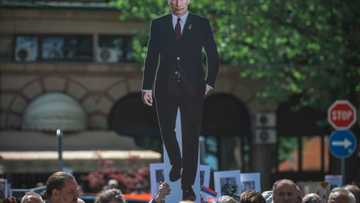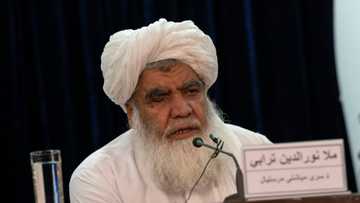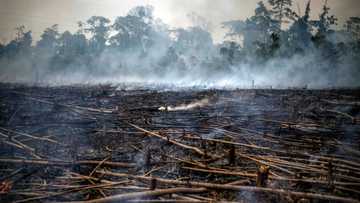Disinformation a major factor in Brazil election debate
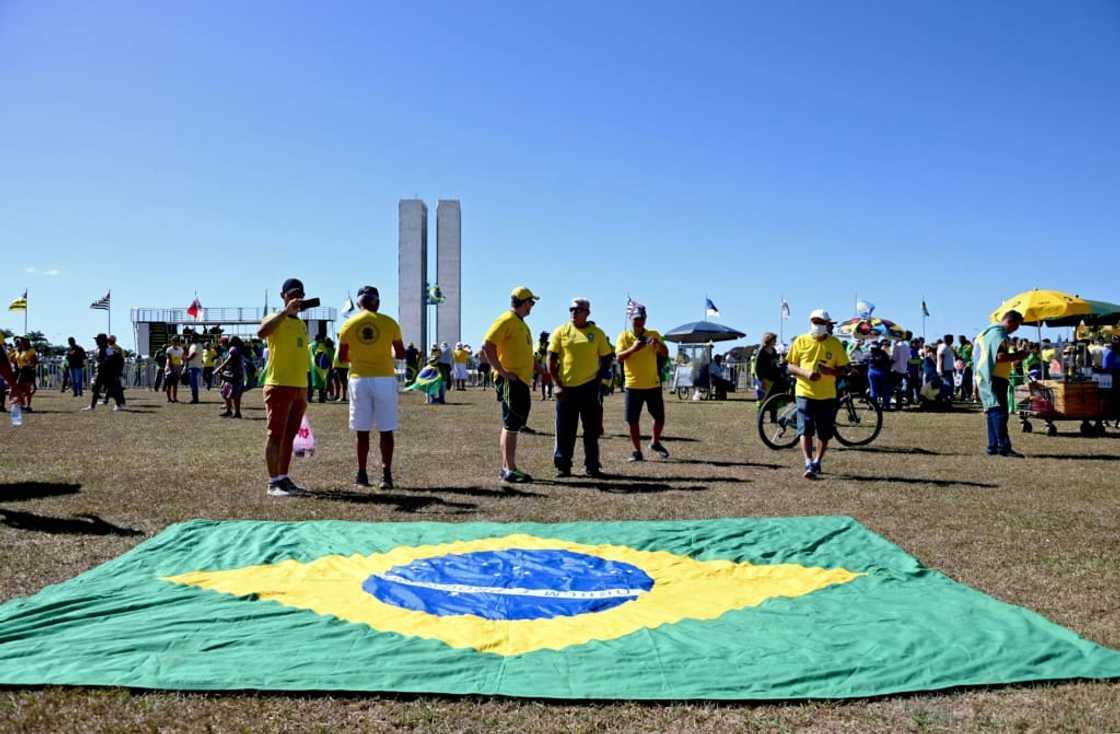
Source: AFP
New feature: Check out news exactly for YOU ➡️ find “Recommended for you” block and enjoy!
Three months out from the Brazilian presidential election, disinformation about the two main candidates, President Jair Bolsonaro and ex-leader Luiz Inacio Lula da Silva, is having a major impact.
The sheer volume of fake news, creation of new social media platforms and ever more complex content has made it even more difficult to verify information.
The amount of content fact checked by AFP increased by more than fourfold between January and June.
Those producing election fake news first cut their teeth on a very different subject: the coronavirus.
"The election content has taken over the space" previously dominated by the Covid-19 pandemic, said Sergio Ludtke, the coordinator of the Comprova information verification collective made up of 42 media outlets, including AFP.
"The pandemic was probably a period of testing for these groups" producing fake news, he added, saying that it subsequently became "a political event."
PAY ATTENTION: Never miss breaking news – join Briefly News' Telegram channel!
And as October's election approaches, verification is becoming "much more complicated" than it was four years ago.
Covid disinformation took on "a new form that permeated politics, the economy, science," said Joyce Souza, a specialist in digital communication at the University of Sao Paulo.
From posts casting doubt on the safety of vaccines, the main form of viral disinformation now revolves around distrust in the electoral system, whether that be opinion polls or electronic voting.
Electronic voting was originally implemented throughout the country in the 2000 elections to combat fraud, but Bolsonaro is not a fan and has cast doubt over the method, calling for paper votes and public counting.
'Generating doubt'
The last elections in 2018 featured large amounts of false and misleading information, especially on WhatsApp. But they were easier to identify.
"What we see now is content that is not necessarily false in itself, but which leads to misleading interpretations," said Ludtke.
It is what happened in May in a tweet that questioned an opinion poll for "only" sampling 1,000 people.
That number was true but the suggestion that it was insufficient was inaccurate.
Experts told AFP it was enough to make a projection as long as the sample group accurately represented the population's diversity.
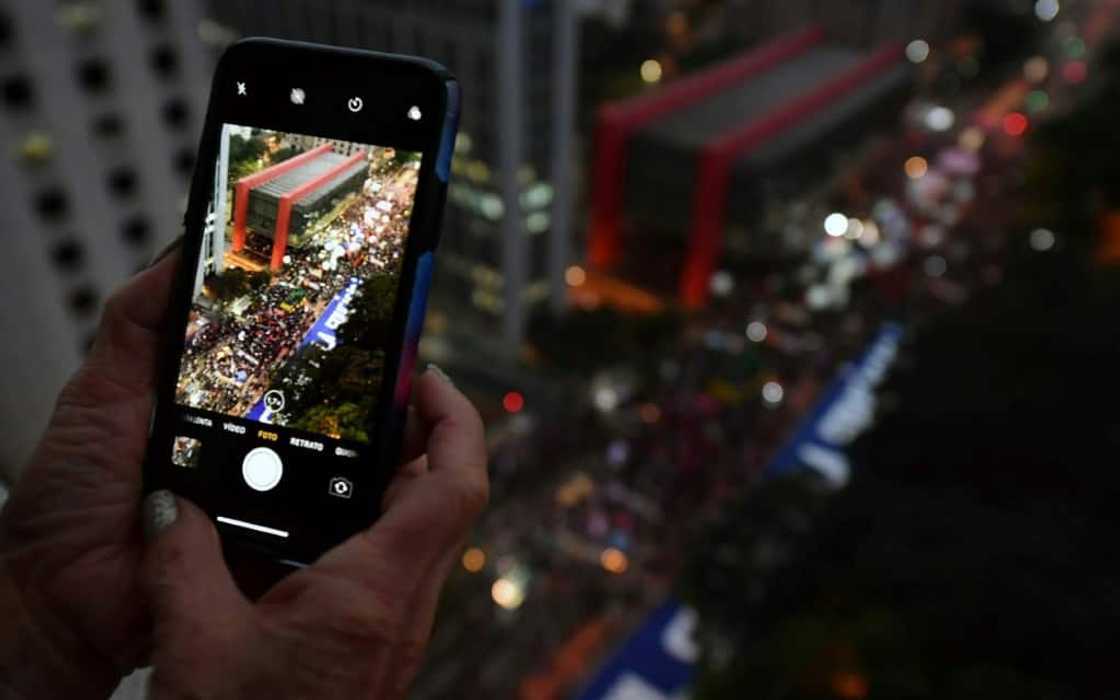
Source: AFP
"One of the strategies of the complex scenario of disinformation is to generate doubt in the social media user, mixing things so much that (the user) doesn't know who to trust," said Pollyana Ferrari, a specialist in communication who coordinates fact checking at the PUC Catholic university.
Such strategies also play on emotions, said Souza, distorting even more the facts and facilitating rapid transmission.
Since the 2018 elections, social media platforms such as Telegram, TikTok and Kwai, which allow the rapid publishing and manipulation of visual content, have gained in popularity.
'Vector of disinformation'
The latest polls last week had Lula in the lead on 47 percent of voter intentions for the October 2 election, compared to Bolsonaro's 28 percent.
But some content targets those polls in a bid to reduce public faith in pollsters.
A video apparently showing Brazilian football fans chanting "Lula, thief!" in a full stadium started doing the rounds recently and was viewed more than 100,000 times on just one platform alongside the question: "Is this the opinion poll leader?"
But the audio had been changed using a tool on TikTok.
For Ferrari, TikTok symbolizes the face of disinformation -- one that is more dynamic and even humorous.
"Like a virus, the fake contaminates the hearing, distorts the vision, settles down in the mind and hides behind the humor of the meme," she said.
In being "inoffensive, it becomes a vector of disinformation."
The supreme electoral tribunal said in a recent document that "false or out of context information affects value judgements, making people decide on the basis of erroneous preconceptions."
Souza believes this content "destroys rational debate in society and makes hate prevail over the public debate."
The problem is that sophisticated disinformation lasts, said Ludtke, and "probably remains in some sectors of society."
New feature: check out news exactly for YOU ➡️ find "Recommended for you" block and enjoy!
Source: AFP

